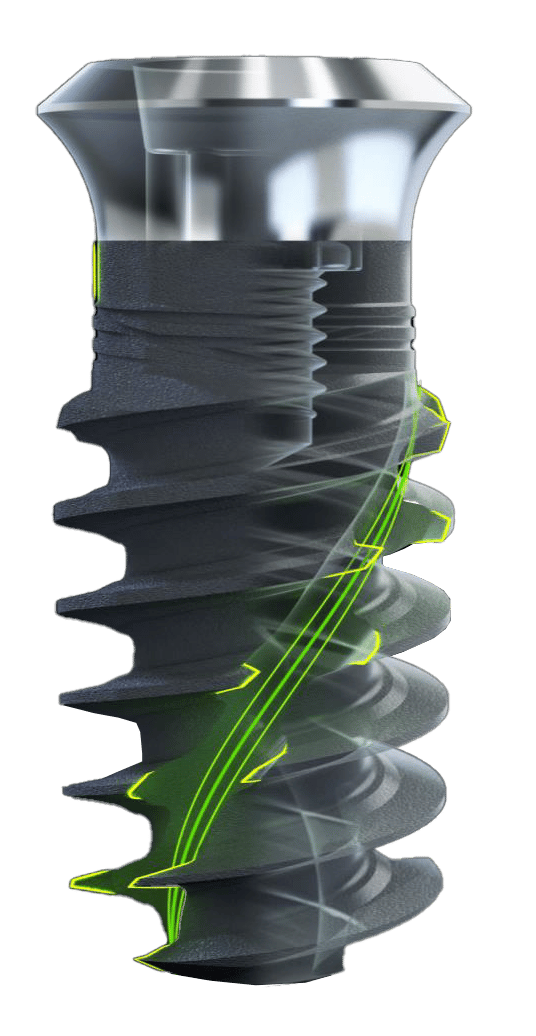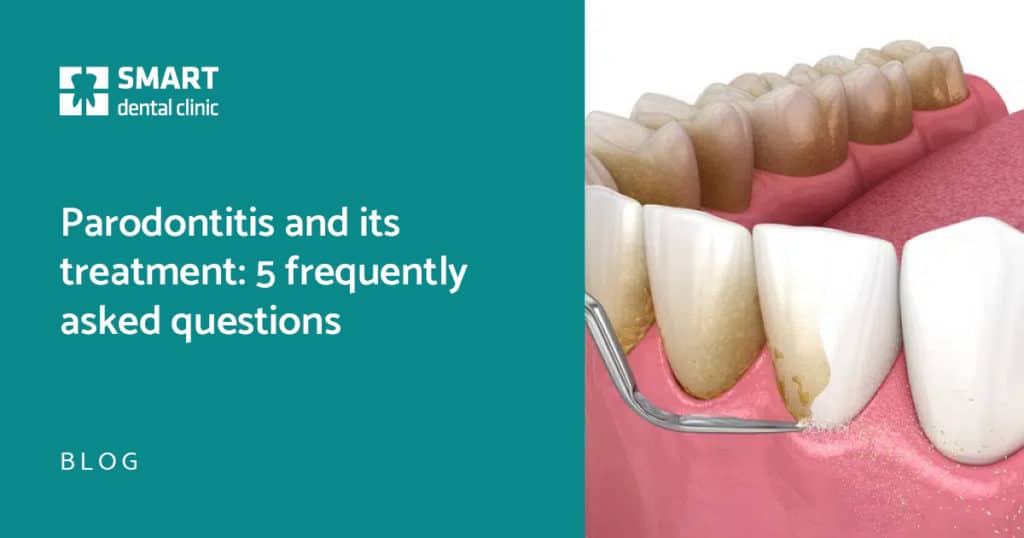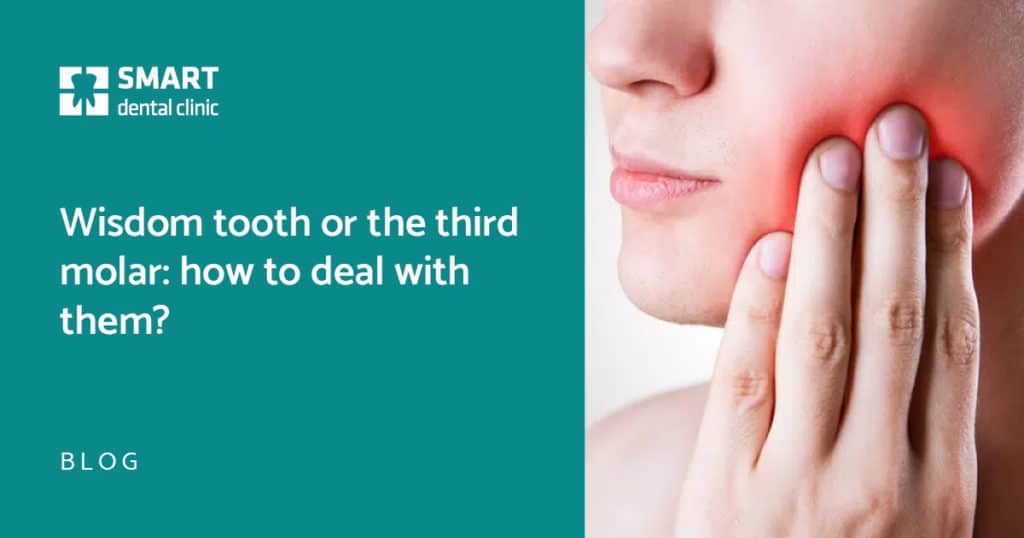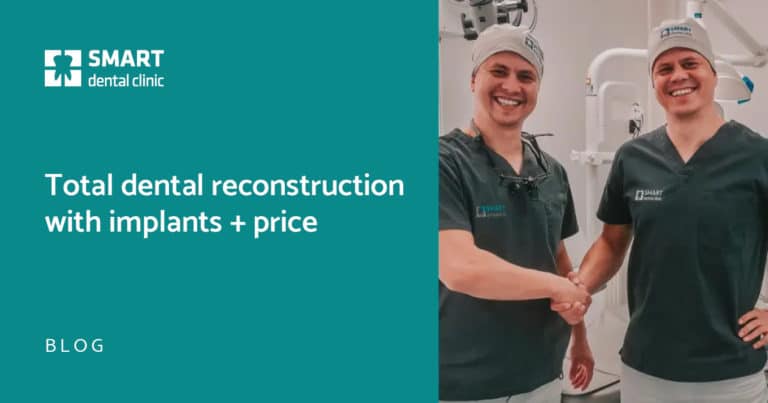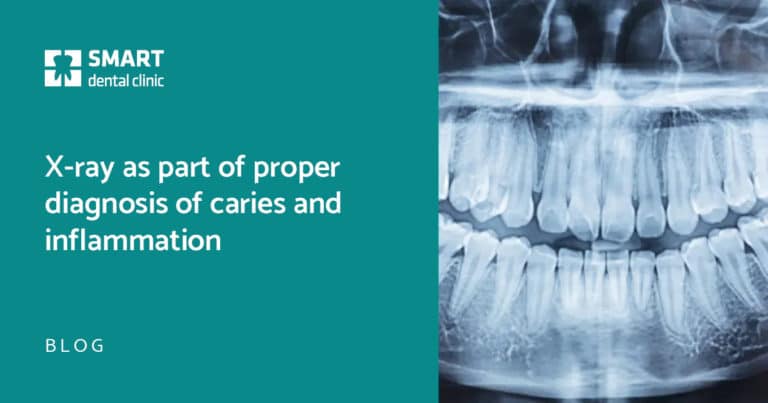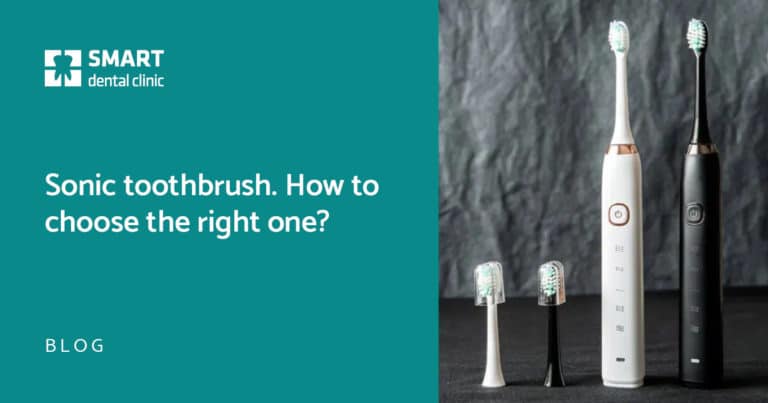Content of the article:
What is a wisdom tooth?
Wisdom teeth do not make us any wiser. They received their name because they usually erupt only in adulthood between 18 and 30 years of age. However, this is individual and it can easily happen later.
Not only the time of their eruption, but also their shape, number of roots, route and number of root canals, placement, but also the occurrence of the third molars is highly individual. In someone, they may not manifest at all and someone may have even fourth molars.
Wisdom teeth currently have minimal to almost no chewing function because soft food does not require such mechanical processing in the oral cavity as was the case in the distant past, when third molars were important for chewing raw food. As a result, the size of the jawbones has decreased over the course of evolution and the third molars do not have enough space for proper eruption and positioning in the dental arch. They thus become not only unnecessary, but often cause unpleasant problems.
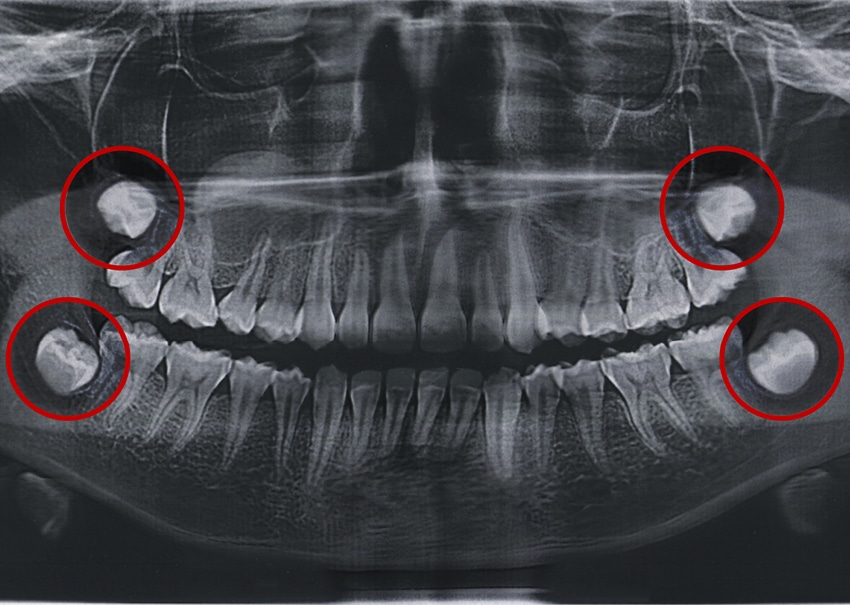
The wisdom tooth, why does it pester us?
The most common causes of problems with their eruption are two:
The wisdom tooth becomes erect
The fact is that the wisdom tooth begins to develop in a horizontal position, and only over time does it rise up. However, if rising up fails to occur, the tooth will remain unerupted or erupted only partially. Horizontally oriented wisdom tooth can thus damage the tooth in front of it- the second molar, namely by causing:
- either formation of a place where bacterial coating is retained (in the case of a partially erupted third molar) and thus the subsequent formation of caries on both the third and the second molar;
- or, through prolonged pressure during eruption, resorption of the root of the second molar.
Not enough space
No less common cause is that the wisdom tooth simply does not have enough space to erupt in the oral cavity. This can be caused by the evolutionary changes mentioned above, or simply by the fact that one can inherit larger teeth from one parent and smaller jaw bones from the other.
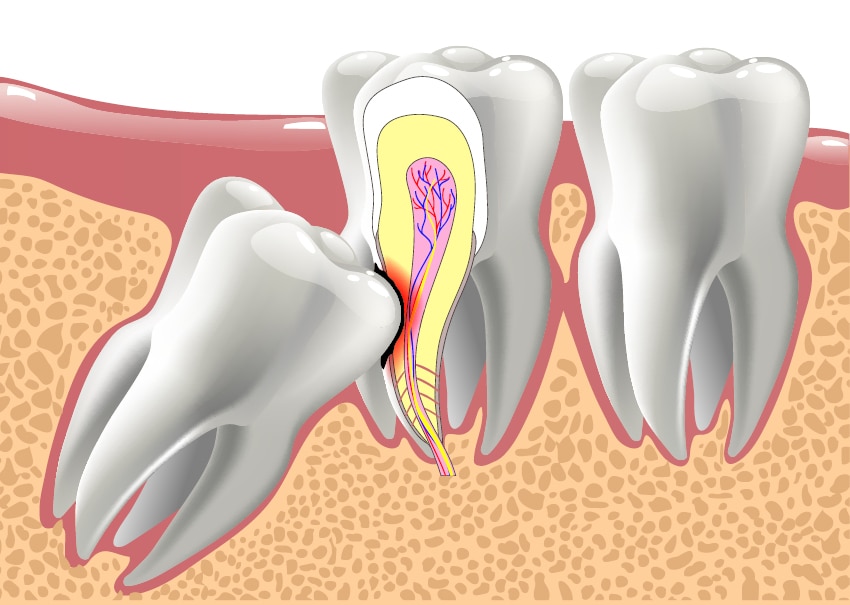
Wisdom tooth, what to do if there is pain?
Poorly placed or partially erupted wisdom teeth very often cause unpleasant and very intense jaw pain, accompanied by problems with opening the mouth, chewing food or swallowing. Pain can also radiate into the ear or cheek. In worse cases, swelling of the lymph nodes, increased temperature and malaise may occur.
The cause of these problems is that the mucous membrane overlaps only part of the crown of the tooth when the third molars have erupted only partially. Bacteria or food residues easily enter the uncovered space, which is the reason for the inflammation (pericoronitis) and thus unpleasant pain of the jaw.
The symptoms may go away over time, but over time, they usually come back. Failure to treat such condition may develop into a severe inflammation of the jaw, which in some cases may be a life-threatening condition.
Therefore, it is necessary to see a dentist to solve the problem.
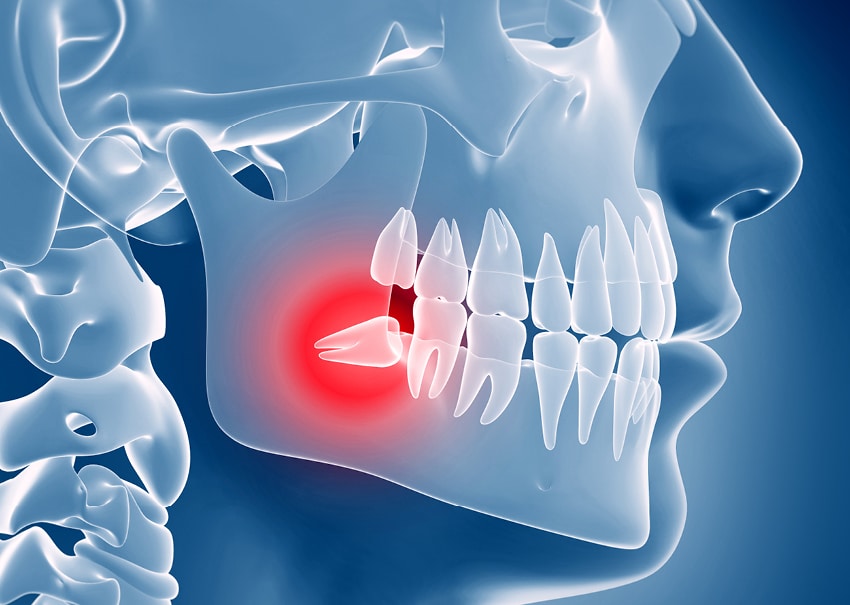
When to remove and not to remove wisdom tooth?
Wisdom teeth are indicated for extraction when they become a source of problems and pain, as we mentioned above. Another reason for removing the third molars is to create space before orthodontic treatment (shifting the teeth with braces).
It must be said that if the wisdom tooth is healthy, correctly cut and inserted into the dental arch and does not cause any complications, there is no need to extract it at all.
There are also cases when third molar can do us a favor:
Third molar can serve as a reserve
The first permanent teeth that erupt in children are the lower six teeth. During this period, the child is not yet able to clean his teeth perfectly on his own, and in combination with the fact that the lower six teeth in the mouth are the longest of all permanent teeth, they are also the most frequently damaged and often extracted.
If the child loses the six at too early an age, the eight can then serve as a reserve. The teeth will move naturally and in adulthood he will have a full dentition without gaps.
However, this is only if a person loses a tooth early. When a twenty-year-old person’s six is ripped out, the seven and eight won’t budge.
Third molar as a natural implant
The second option that is used is autotransplantation. We can use the upper eights as a natural implant. If a patient does not develop a tooth or loses a tooth, we can insert the germ of another tooth in the place of the missing tooth. The upper eights are very often used for this.

Wisdom tooth removal at Smart Dental Clinic
DID THE ARTICLE RESONATE WITH YOU?
BOOK AN EXAMINATION TODAY!
-
Surgical extraction of the upper third molar 150 €
-
Surgical extraction of the lower third molar 180 €

MDDr. Katarína Stolárová
Dentist, Bratislava











